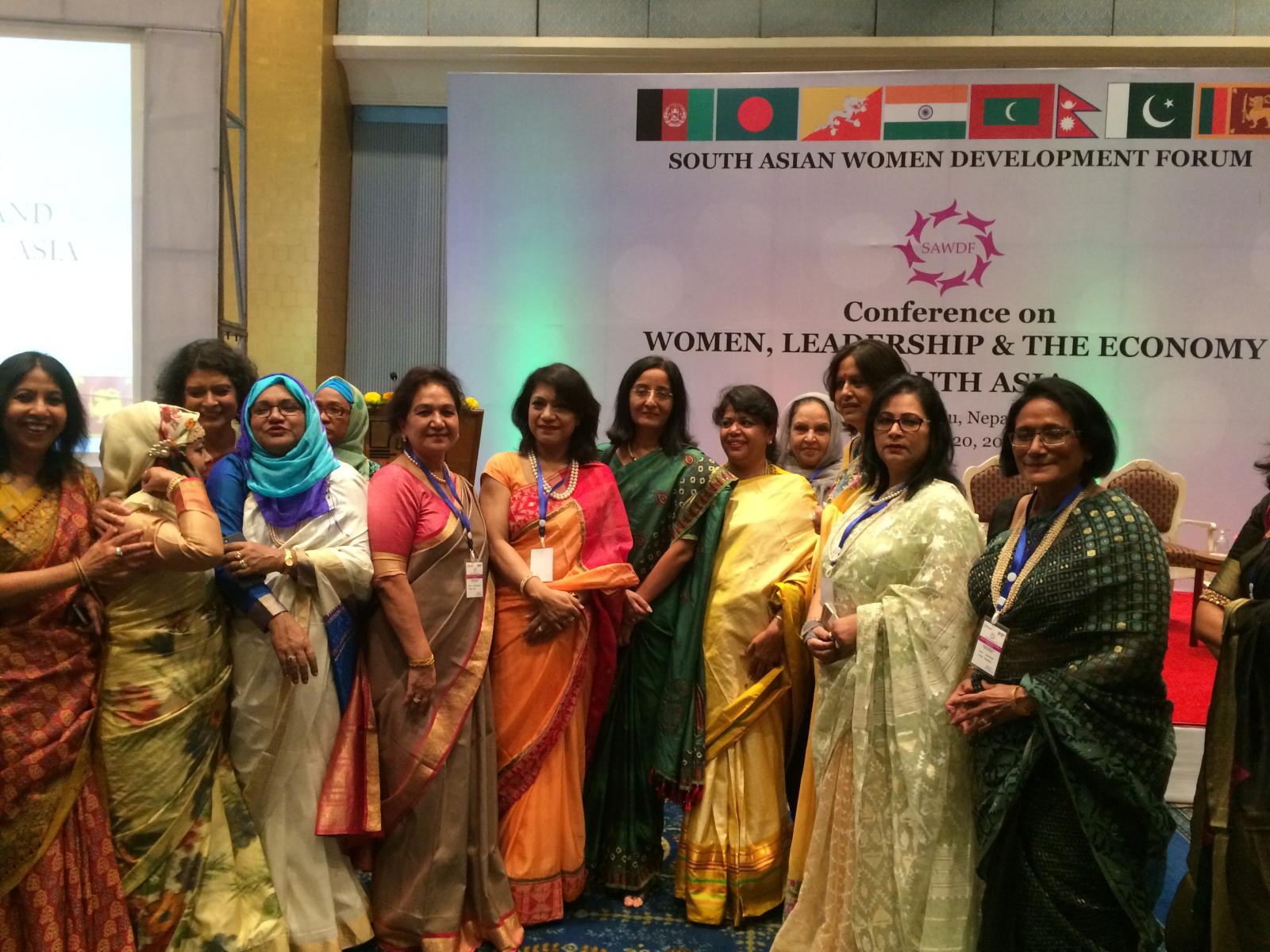Entrepreneurship among Women: A Pathway to Economic Empowerment
Entrepreneurship is creating, launching, and running a new business venture. It involves taking risks, innovating, and solving problems. Entrepreneurship can be a source of income, independence, and satisfaction for anyone who pursues it. However, for women, entrepreneurship can also be a pathway to economic empowerment.

Economic empowerment is the ability to access and control economic resources, opportunities, and benefits. It means having the skills, knowledge, and confidence to make informed decisions and participate fully in the economic sphere. Economic empowerment can improve the well-being, status, and rights of women, as well as their families and communities.
Unfortunately, women face many barriers and challenges in becoming entrepreneurs. Some of these include:
- Lack of access to finance, markets, technology, and information
- Lack of education, training, and mentorship
- Lack of legal and regulatory support and protection
- Lack of social and cultural acceptance and recognition
- Lack of self-esteem, confidence, and motivation
These barriers limit the potential of women to start and grow their own businesses and contribute to their countries’ economic development. According to the Global Entrepreneurship Monitor, in 2019, only 10.2% of women in low- and middle-income countries were involved in early-stage entrepreneurial activity, compared to 15.6% of men. Moreover, women-owned businesses tend to be smaller, less profitable, and more concentrated in low-growth sectors than men-owned businesses.
Therefore, it is essential to promote and support entrepreneurship among women, especially in developing countries where women face more disadvantages and inequalities. Entrepreneurship can provide women with:
- A source of income and livelihood
- A means of economic independence and autonomy
- A way of creating value and innovation
- A platform for social change and impact
- A sense of achievement and fulfillment
Entrepreneurship can also have positive spillover effects on the economy and society at large. For example, entrepreneurship can:
- Create jobs and reduce poverty
- Increase productivity and competitiveness
- Diversify and strengthen the economy
- Enhance social inclusion and cohesion
- Advance gender equality and human rights
To foster entrepreneurship among women, it is necessary to address the barriers and challenges they face and to provide them with the enabling environment and support they need. Some of the key actions that can be taken are:
- Improving access to finance, markets, technology, and information for women entrepreneurs
- Providing education, training, and mentorship for women entrepreneurs
- Strengthening legal and regulatory frameworks and institutions that protect and promote women entrepreneurs
- Raising awareness and changing attitudes towards women entrepreneurs
- Building networks and Communities of women entrepreneurs
Entrepreneurship among women is not only a matter of economic necessity, but also a matter of economic opportunity. By empowering women to become entrepreneurs, we can unleash their potential, creativity, and talent, and create a more prosperous, inclusive, and sustainable world for everyone.

